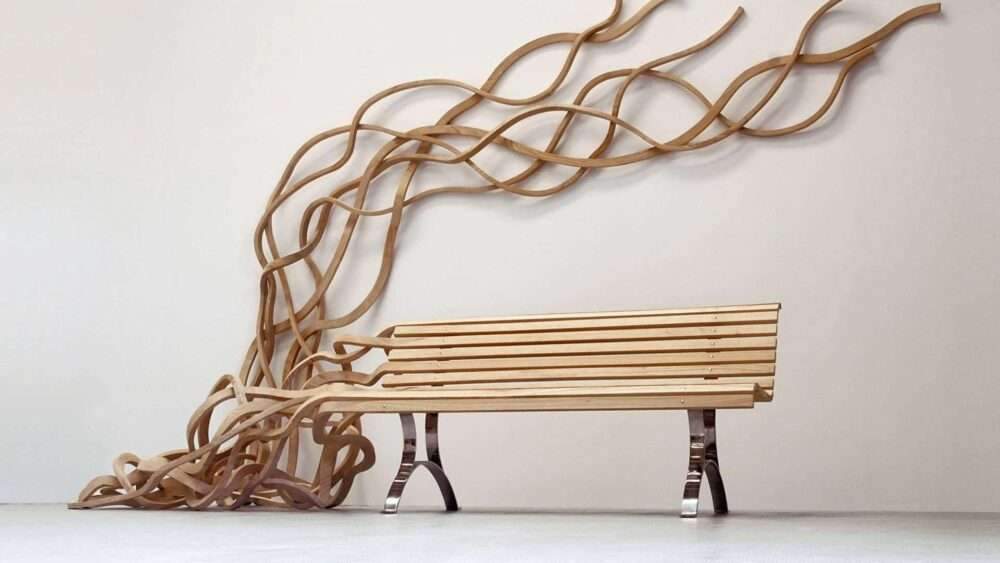Arborescence Apartments / WY-TO architects
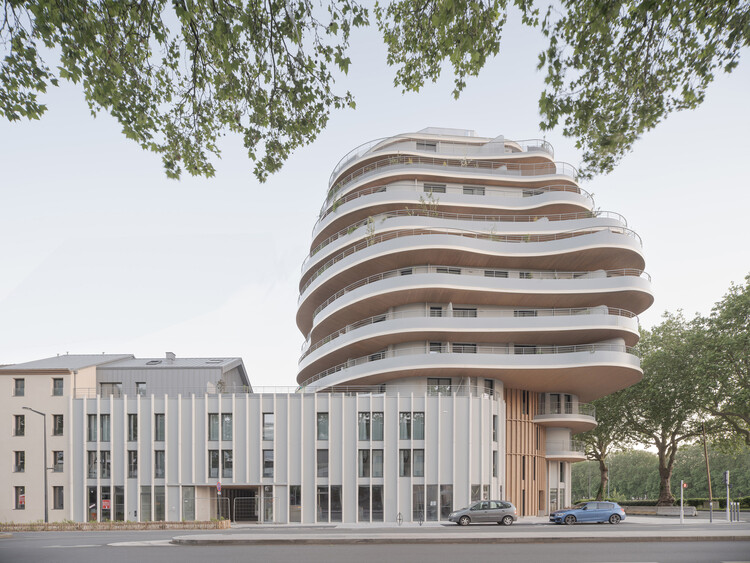


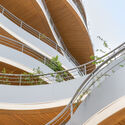
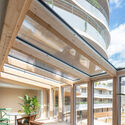

- Area:
8200 m²
Year:
2024
Manufacturers: AutoDesk, Schüco, Woodenha Industries-
Lead Architects:
Pauline Gaudry, Yann Follain

Text description provided by the architects. Arborescence is part of our research approach to integrating greenery with well-being. The 35-metre-high vertical garden is designed through an open call for the “IMAGINE ANGERS” competition. The building exemplifies how architecture can be reimagined to connect nature with the urban environment, and from the Maine River to the city centre. Thereby, serving as a distinctive landmark for the horticultural capital. Leveraging our France-Singapore culture, Arborescence distinguishes herself with the abundance of greenery present throughout all levels of the project. The orientation of the building ensures that each living space benefits from generous natural light, cross-ventilation, and unobstructed views for an environment that advocates for well-being.
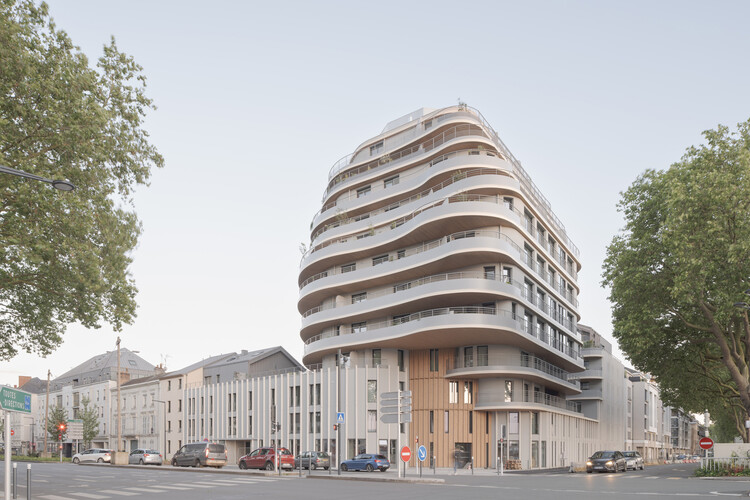


In the same vein, an intergenerational strategy guides the overarching programming narrative of the development. Different walks of life including pre-schoolers, working adults, and seniors converge at a shared central garden. Accessible to all during the day, the garden transforms into a vibrant exchange hub between generational groups to strengthen social links and nurture empathy. Similarly, bioclimatic efforts are bolstered through green roofs and terraces for thermal insulation, strategies reducing environmental impacts and promoting biodiversity while addressing urban density challenges. In embodiment of an innovative and integrative approach, Arborescence presents a holistic sustainable solution that connects Nature, People and the urban environment.

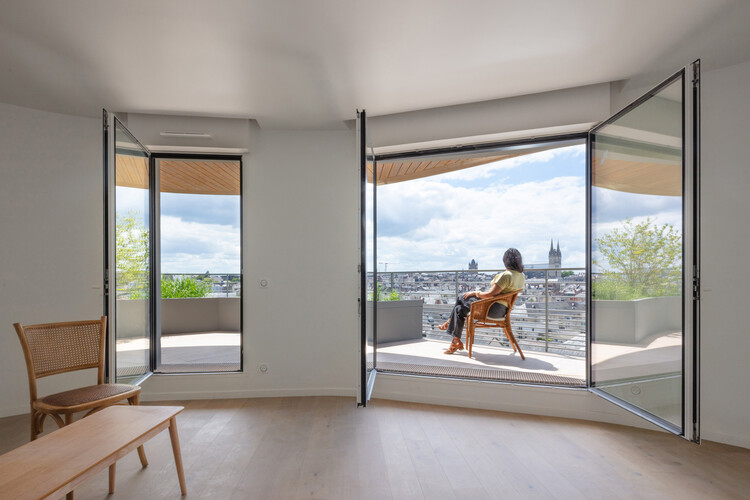

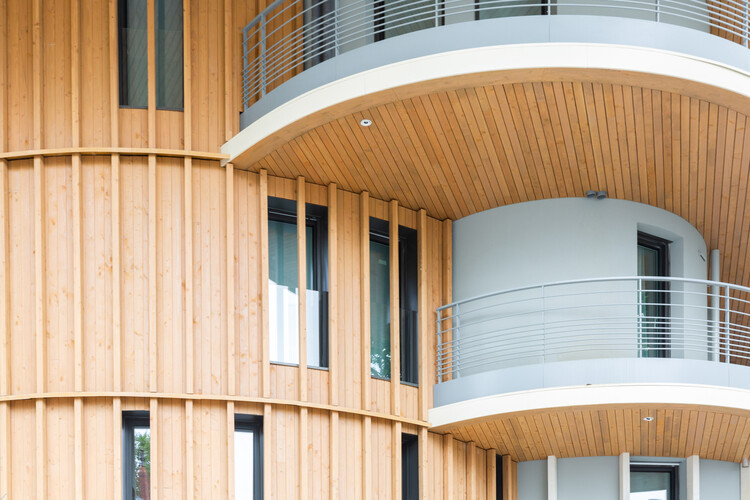
BIOPHILIC ARCHITECTURE – Biophilia, a concept that places nature at the heart of well-being, is the very essence of Arborescence. Its biophilic architecture integrates greenery and natural light at every level, creating a harmonious balance between people and their surroundings. Green outdoor spaces and breathtaking terrace views foster a stress-free and positive atmosphere. By reconnecting people with nature, Arborescence reimagines healthy living environment for modern well-being needs in an urban context. WELL-BEING – Well-being is central to the architectural ensemble of Arborescence, from its fluid geometry to its abundant greenery. At its green heart stands the towering ‘Tree of Life,’ which in summer creates a naturally inviting environment and pleasant views. Expansive terraces and extended living spaces offer rejuvenation, while wooden soffits envelop residents in a protective cocoon.

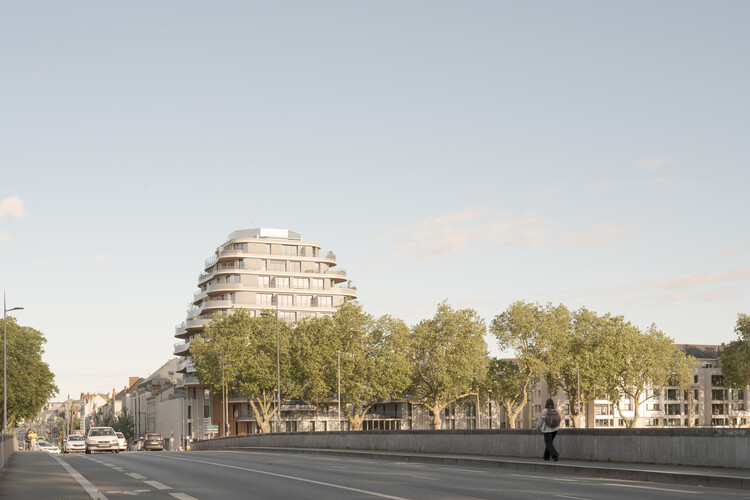
By blending wood and nature, Arborescence presents an alternative to urban concrete living, encouraging social interactions through shared common areas. BIOCLIMATISM – Arborescence integrates harmoniously into its site, taking advantage of prevailing winds and optimising sunlight. The South-facing façade, stretching from East to West, maximizes solar gain in winter, while balconies serve as sunshades in summer, protecting outdoor areas. Plants in the open ground enhance cool island effects, promoting bioclimatism. The multi-oriented housing units benefit from natural cross-ventilation, while the undulating terraces offer unobstructed sky views, ensuring comfort and well-being for residents. TECHNICALITY OF THE VERTICAL GARDEN, A RESPONSE TO DENSITY – With its green roofs and planted terraces, Arborescence advocates biodiversity and integrates into urban ecological corridors—an asset that benefits all. The project, consisting of 122 housing units, including senior living, a nursery, various amenities, and offices, spans 2,600 m² at ground level, offering a total of 8,900 m². It balances density with abundant greenery and open space at all levels, providing a sustainable and harmonious alternative to urban sprawl.

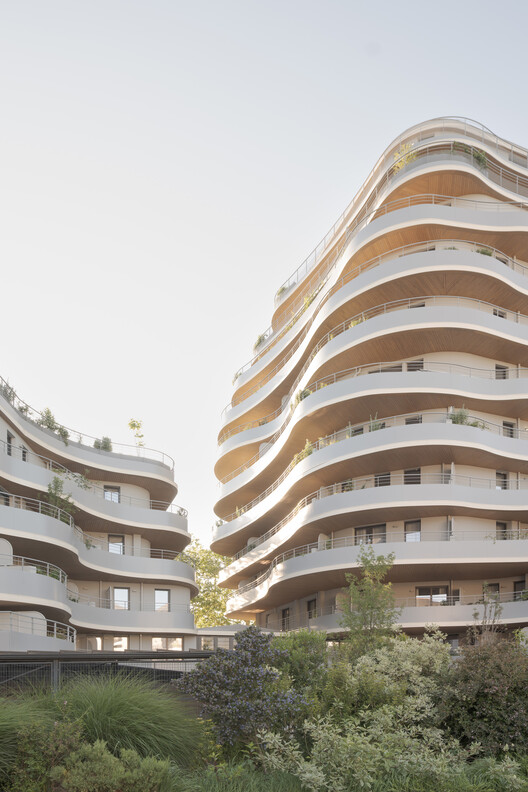
DIVERSITY AS A SOCIAL LINK – A unique intergenerational approach shapes the overall narrative. The central garden, where all circulation routes converge, connects the various programmes- nursery, senior living, residential units, and offices – even welcoming the general public during the day. In the same spirit of community-building, the green spaces and common areas are designed to encourage interaction among diverse groups and foster vibrant, serendipitous encounters. INTERCONNECTION OF PROGRAMMES AND ARCHITECTURAL RESPONSE – Arborescence blends seamlessly into its exceptional site, with its three façades articulating a diversity of uses. The project balances technical requirements and regulations to provide dedicated access to each function while creating generous common spaces, such as the hall and central garden.
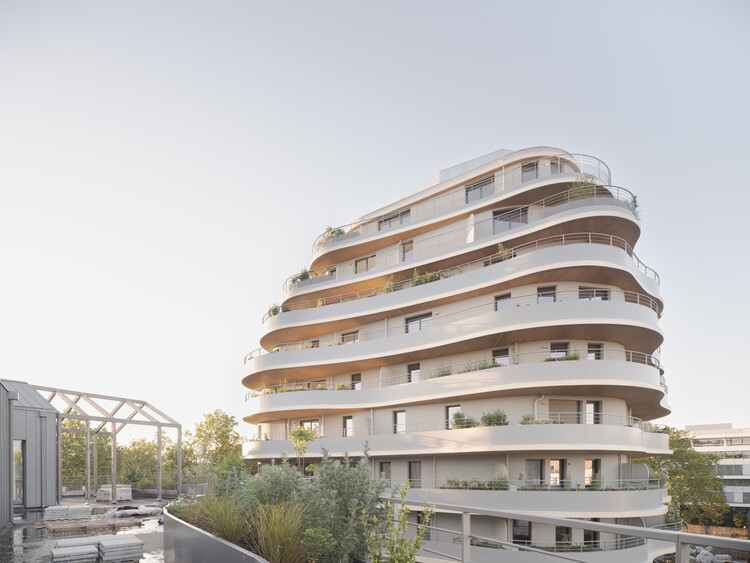

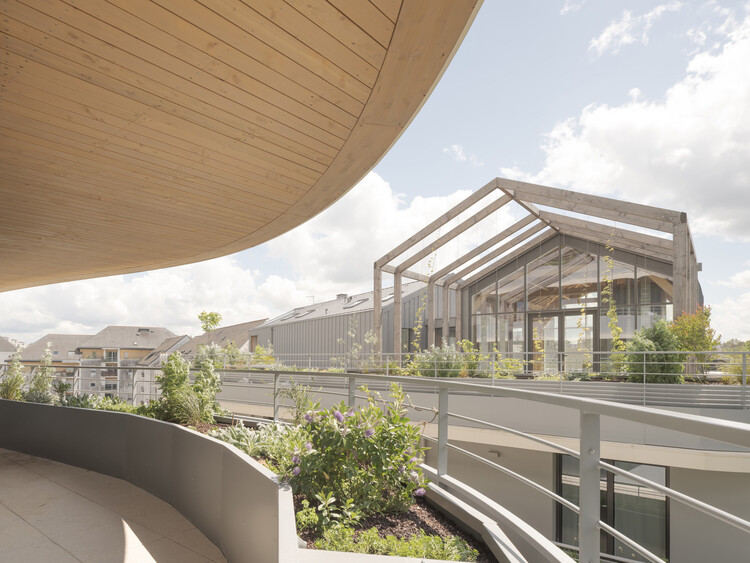
The spaces are organised in interlocking layers: the ground floor houses offices, a nursery, and senior amenities; the podium is dedicated to senior living; and the upper levels accommodate residential units, an urban cottage, and a wellness centre. INTERGENERATIONAL SPACES – The programmatic diversity of Arborescence creates a vibrant, non-linear sense of place. Common spaces become meeting points where seniors, children, adults, and students connect serendipitously. Similar to the multi-generational homes that were once prevalent, the development fosters organic opportunities for nurturing empathy. DIVERSITY OF HOUSING TYPES – Arborescence’s unique morphology, inspired by the shape of a tree, creates a myriad of spaces filled with air and light. The housing units radiate around a central ‘trunk,’ benefiting from multiple orientations, crafted views, and natural cross-ventilation. The two ‘arms’ to the East and West house senior units, with patios that seem to float among the century-old plane trees overlooking the Maine. This innovative design blends diversity, comfort, and harmony with the environment.




